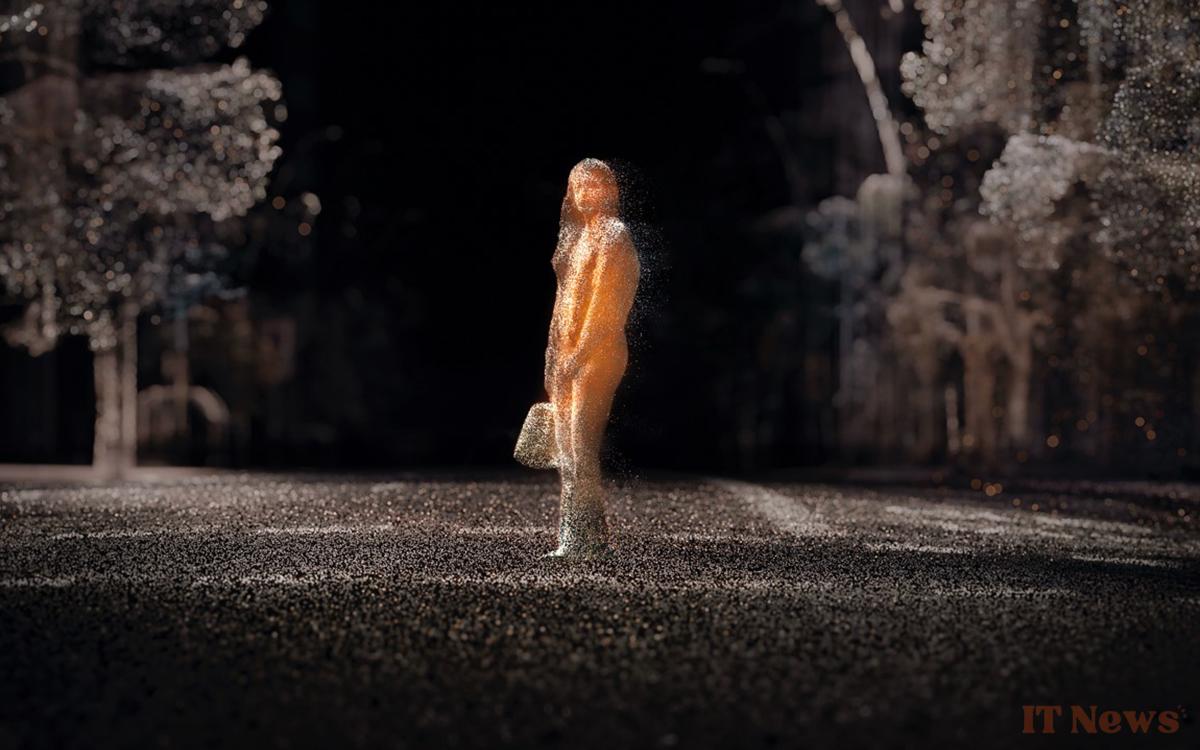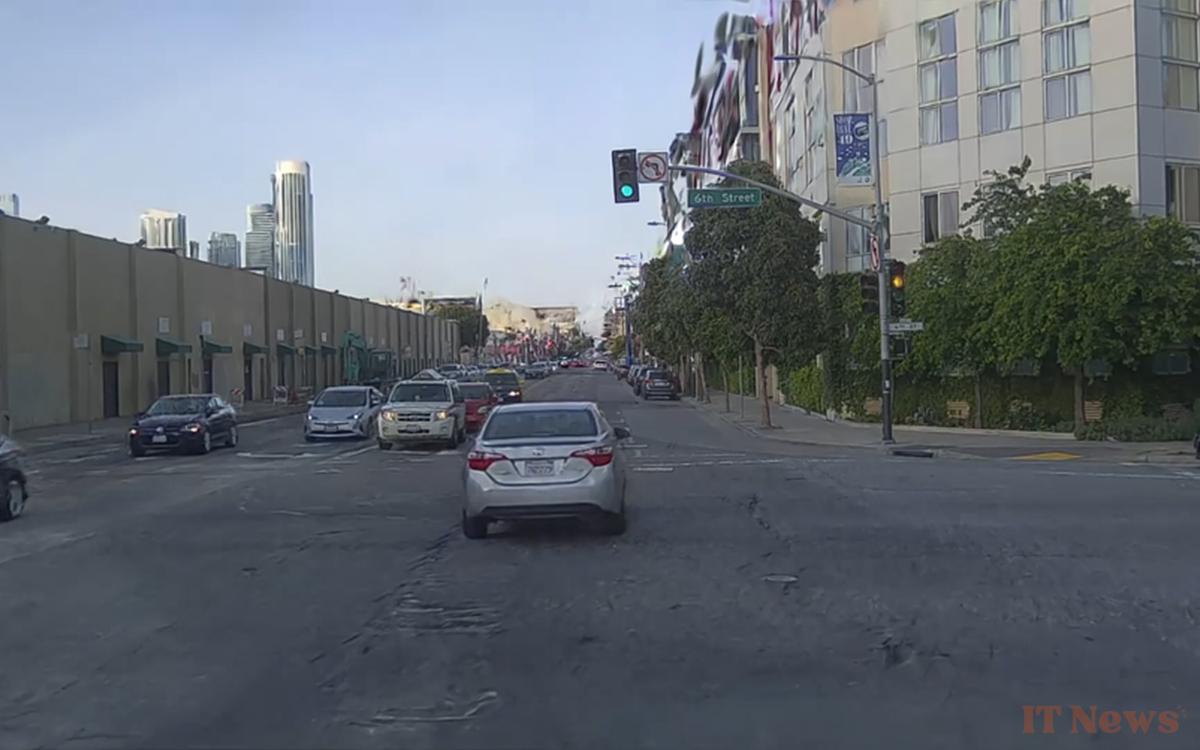Volvo trains its driver assistance software in virtual worlds created by AI. This is a way to safely confront them with extreme situations and accelerate their learning.
One of the advantages of a modern car is that it has a whole host of programs that are responsible, among other things, for ensuring the safety of its occupants and those around it. This is what is enabling the rise of autonomous driving. But even if this type of functionality is becoming more and more efficient, there are still problems to be solved. To do this, there are no two ways about it: you have to train the software by confronting it with the situations it will have to manage.
Read also – 300 km of autonomy in 10 minutes, the new electric Volvo moves up a gear
Of course, there is no question of running into pedestrians to check if the vehicle's sensors detect them in time. Although the method used by car manufacturer Volvo is quite close to this extreme. The big difference is that it is guaranteed to be risk-free. And for good reason: everything takes place in virtual worlds created using artificial intelligence.
Volvo trains its cars' safety software in AI-generated worlds
The brand uses data collected by its vehicles: emergency braking intervention, steering assistance, or even actions manually triggered by drivers. As long as it can be recorded, it can be used in simulations. By using a computational technique called Gaussian projection, it is possible to test multiple scenarios and control their variables. For example, by playing with the number of cars or pedestrians, by modifying their behavior...
According to the proverb “who can do more can do less”, Volvo trains its software on atypical cases. Alwin Bakkenes, Global Head of Software Engineering at Volvo Cars, explains: "[…] We can select one of the few outliers and decompose it into thousands of new scenario variations to train and validate our models. This allows us to access a new dimension that we have never reached before and even identify extreme cases before they occur in the real world."





0 Comments